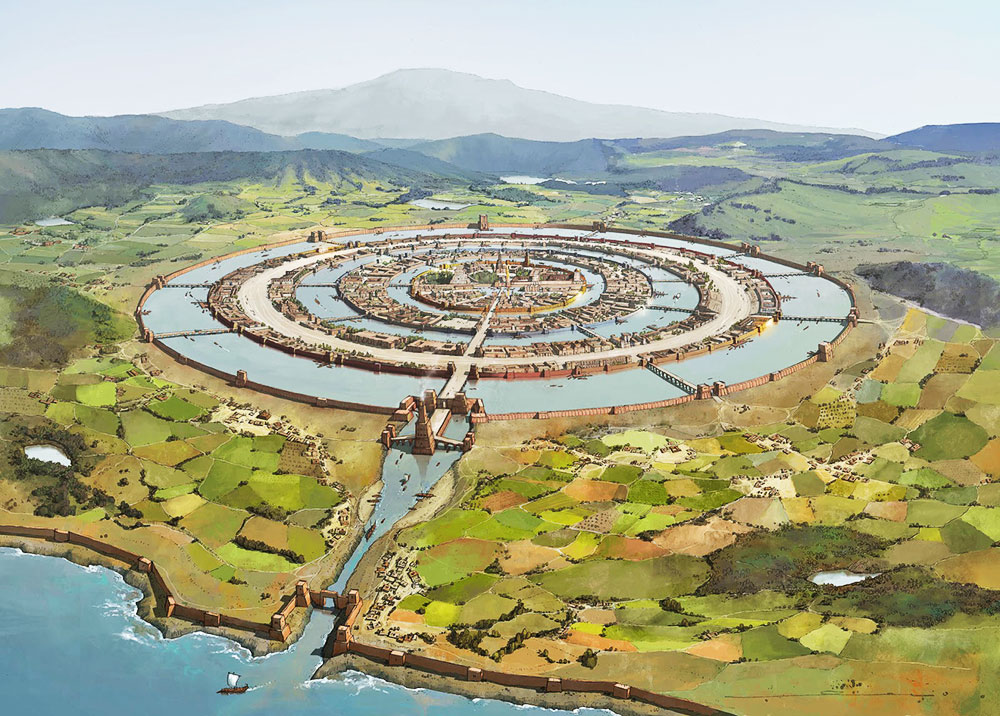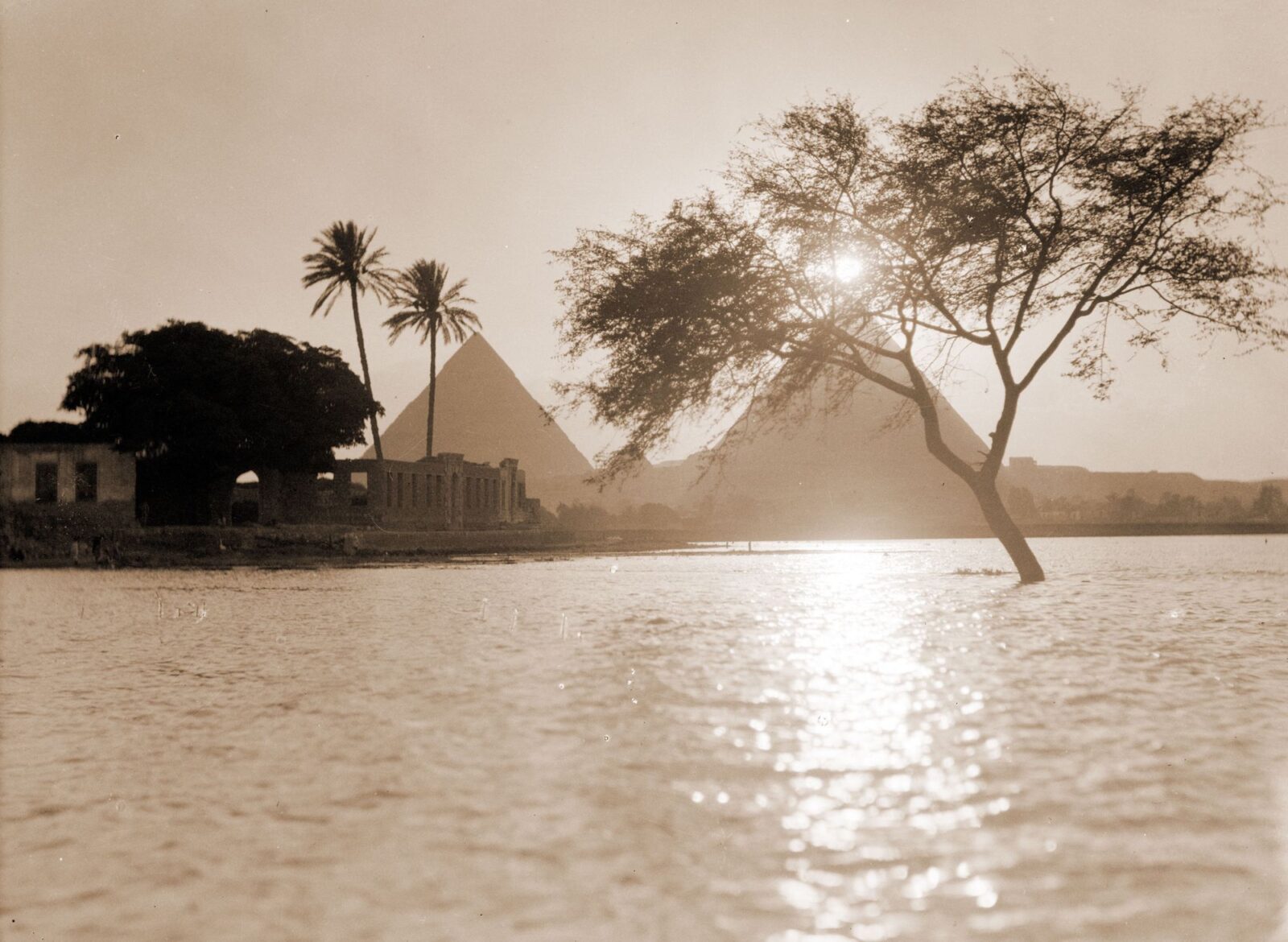Plato’s Atlantis is a written record of a story told to a ten-year-old Critias by his 90-year-old grandfather and recounted in adulthood at Socrates’ gathering based on a transcript that was still in his possession.
What was life like in lost Atlantis? What was it like to witness its destruction? We can’t answer these questions definitively based on available evidence, so here we sketch the possibilities in closeup fictional narratives depicting scenes of what could have transpired in this lost maritime culture, in their lost city and concerning the people who gave rise to it, from various perspectives.
“There have been, and will be again, many destructions of mankind arising out of many causes.” — Sonchis of Sais in Plato’s Timaeus
Herodotus had a few theories about the source of the Nile River and his least favorite was spot on. But his countryman Aeschylus already seems to have known the correct answer, and gave it in his play “The Suppliants” 23 years earlier, yet Herodotus seems none the wiser.





